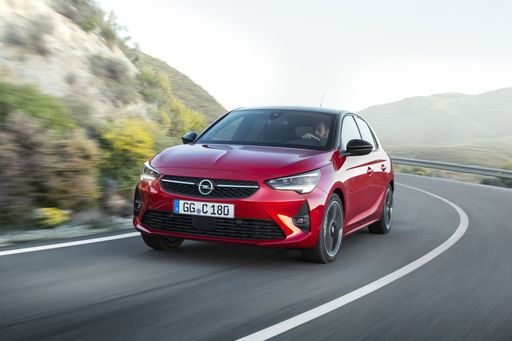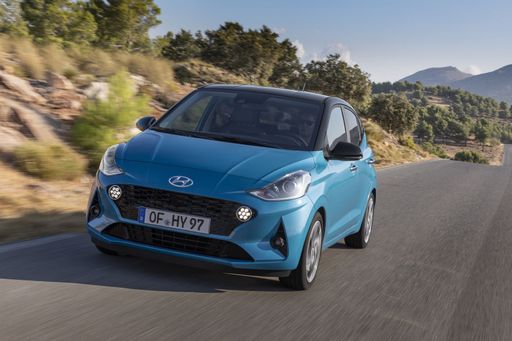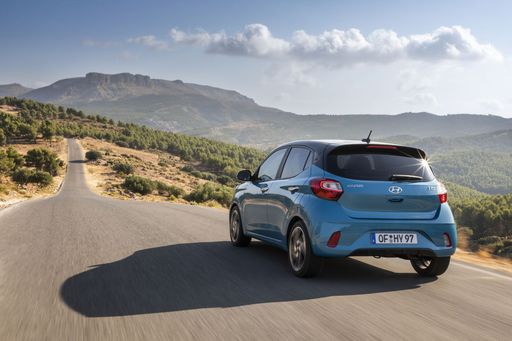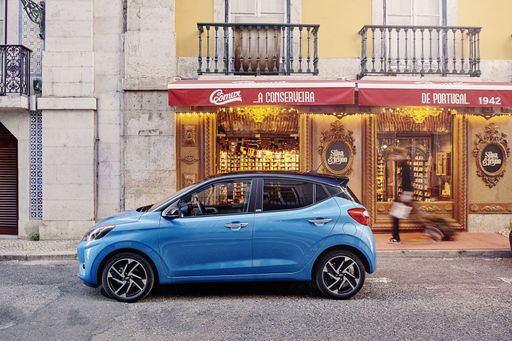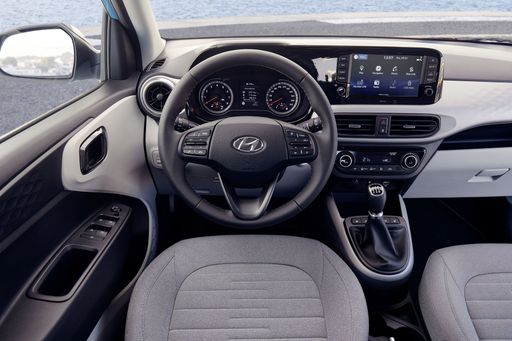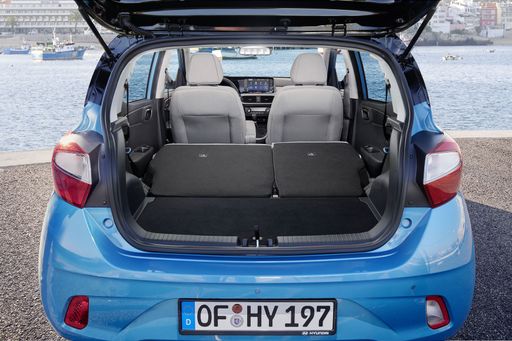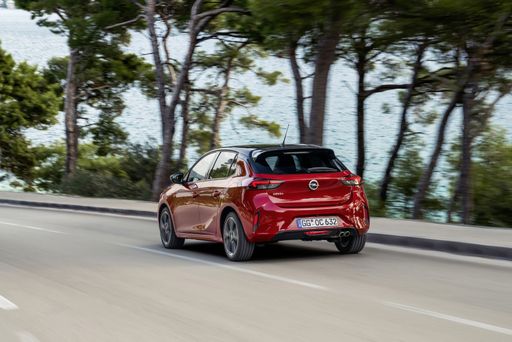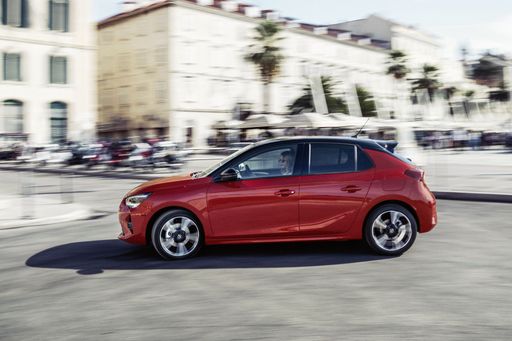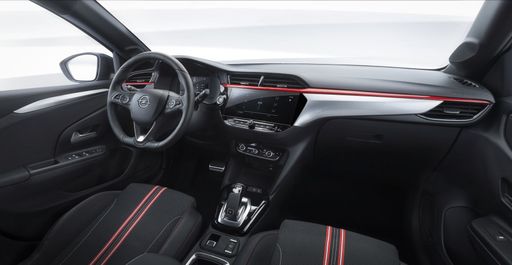Compact Hatchbacks Face-Off: Hyundai i10 vs. Vauxhall Corsa
In the ever-evolving automotive landscape, compact hatchbacks continue to win drivers over with their practicality, efficiency, and agility. Two prominent models worth a closer look are the Hyundai i10 and the Vauxhall Corsa. While both serve as excellent choices for urban commuting and first-time car owners, they bring different strengths to the table. Let’s dive into the technical details and innovations of these two popular hatchbacks.

